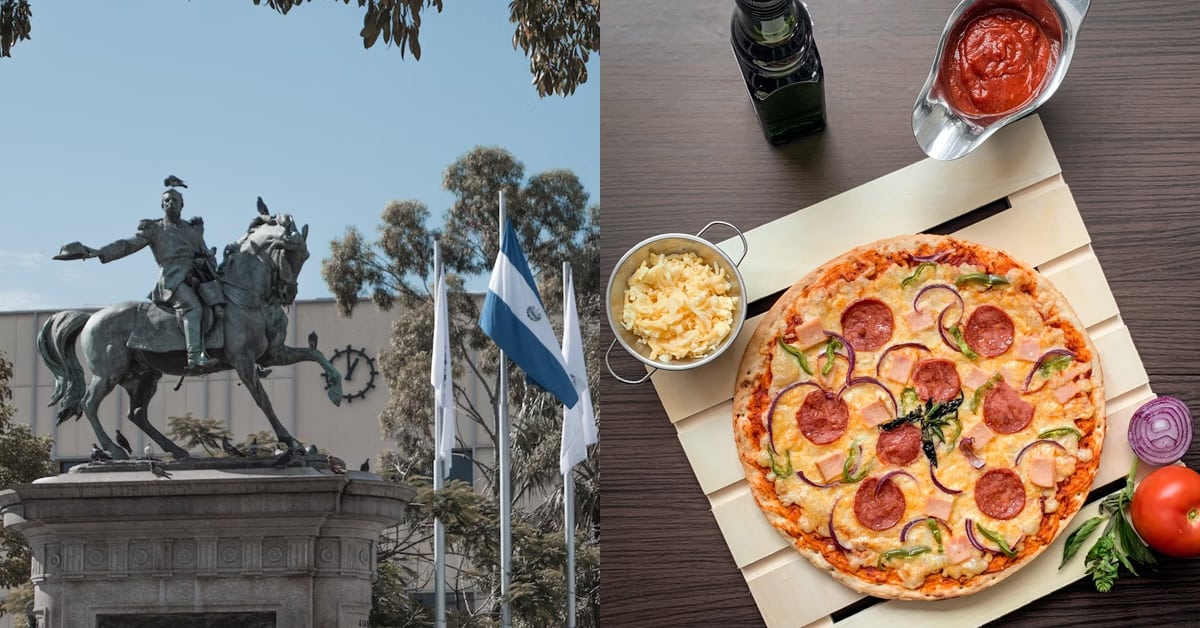Salvadoran cuisine is a unique blend of indigenous, Spanish, and African influences that has evolved over centuries. The cuisine is characterized by its bold flavors, vibrant colors, and diverse ingredients.
Salvadoran food is known for its use of corn, beans, and plantains, which are staples in the country’s diet. The cuisine is also famous for its pupusas, which are thick, handmade corn tortillas filled with cheese, beans, or meat. Other popular dishes include yuca con chicharrón, a dish made with fried yuca, and sopa de res, a hearty beef soup.
Salvadorean cuisine halal or not?
Is Salvadorean food halal?
It depends on the specific dish and ingredients used. Some Salvadorean dishes may contain pork or other non-halal ingredients, while others may be made with halal ingredients. It is important to check with the restaurant or cook to ensure that the food is halal.
What kind of food do Salvadorean eat?
Salvadoran cuisine is a blend of indigenous, Spanish, and African influences. Some popular dishes include:
- Pupusas: A thick, handmade corn tortilla filled with cheese, beans, or meat.
- Tamales: A traditional dish made of masa (corn dough) filled with meat, vegetables, or cheese, wrapped in a banana leaf, and steamed.
- Yuca con chicharrón: Fried cassava served with crispy pork belly.
- Sopa de res: Beef soup with vegetables and rice.
- Pollo encebollado: Chicken cooked with onions and tomatoes.
- Ensalada: A salad made with cabbage, carrots, and tomatoes.
- Empanadas: Fried or baked turnovers filled with meat, cheese, or vegetables.
- Arroz con leche: A sweet rice pudding made with milk, cinnamon, and sugar.
- Horchata: A sweet, creamy drink made with rice, cinnamon, and sugar.
- Atol de elote: A sweet corn drink made with milk, sugar, and cinnamon.
How can you tell if the food is halal in El Salvador?
Halal food in El Salvador is not widely available, as the majority of the population is Christian. However, there are a few halal restaurants and markets in the country, particularly in San Salvador.
To determine if a food item is halal, you can look for a halal certification label or ask the restaurant or market if they serve halal food. You can also inquire about the source of the meat and if it was prepared according to halal guidelines.
Is it hard to find halal food in El Salvador?
It may be challenging to find halal food in El Salvador as the majority of the population is Christian, and there is a limited Muslim population.
However, some restaurants in San Salvador may offer halal options, and it is recommended to inquire with local Muslim communities or mosques for guidance on where to find halal food.
Is Salvadorean food healthy?
Salvadoran food can be healthy if consumed in moderation and with a balanced diet. Traditional Salvadoran dishes often include beans, vegetables, and fruits, which are all nutritious.
However, some dishes may be high in fat, salt, and calories, such as pupusas and fried plantains. It is essential to choose healthier options and limit the intake of unhealthy foods.
What is Salvadorean food similar to?
Salvadoran food is similar to other Central American cuisines, such as Guatemalan, Panamanian, Honduran, and Nicaraguan. It also shares some similarities with Mexican cuisine, particularly in the use of corn tortillas and beans. Some dishes, such as pupusas, are unique to Salvadoran cuisine.
Steps to find halal food in El Salvador
Here are some steps that can be followed to find halal food in El Salvador:
- Research online: Look for halal restaurants or grocery stores in El Salvador through online search engines or social media platforms.
- Ask locals: Ask locals or Muslim communities in El Salvador for recommendations on halal food options.
- Check for halal certification: Look for halal certification on food products or restaurants. Halal certification ensures that the food is prepared according to Islamic dietary laws.
- Look for vegetarian or seafood options: If halal options are not available, look for vegetarian or seafood options as they are generally considered halal.
- Bring your own food: If halal options are not available, consider bringing your own food or snacks that are halal certified.
- Be cautious: Always double-check the ingredients and preparation methods of the food before consuming it to ensure it is halal.

